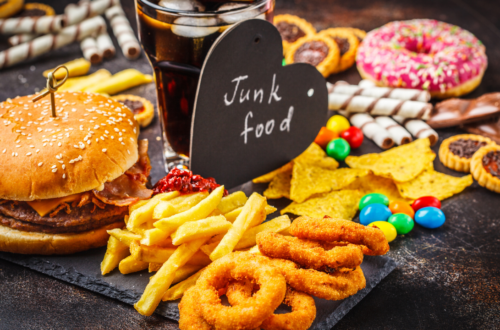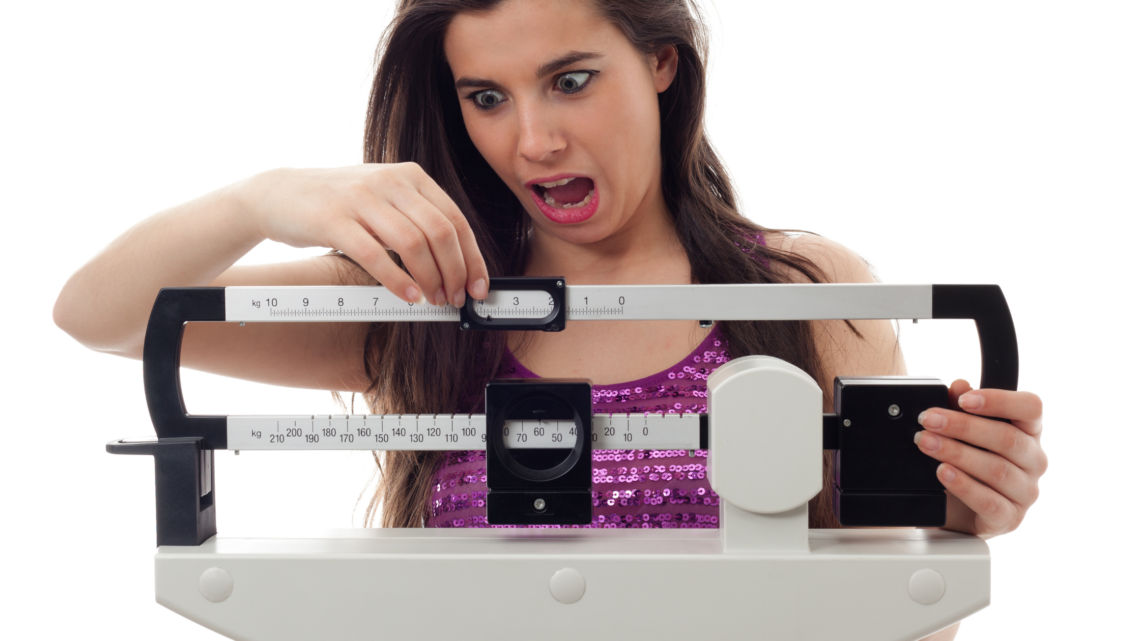
Weight Gain; Should you weigh yourself during your period?
So it’s that time of the month again, and you dread the scale because every time you weigh yourself during your period, you notice you have gained weight overnight!
As a general rule, it’s best not to weigh yourself during your period because the hormonal fluctuations will cause water retention. Water retention and not fat is the reason for your weight gain during your period. So weighing yourself during that time can lead to negative emotions.
There are ways to help eliminate water retention during your cycle, in this post we have listed a few of them, so keep on reading to find out more!

What Causes weight gain during your period?
The more salty foods you eat while on your cycle, the more water your body will retain and the more weight you will gain.
However, the good news is that the weight gain during your period is only temporary. After your period, your body will flush out the excess water, and you will be back to your normal weight.

How to avoid water retention during your period?
- Drink plenty of water:
Drinking lots of water during your period helps your kidneys flush out the excess salt and eliminate bloating and water retention.
- Avoid salty foods:
The less salty foods you consume during your period, the less water retention will happen.
So try and avoid eating too many salty foods to help prevent extra water gain.
- Exercise:
Working out during your period helps you sweat, and sweating helps get rid of extra salt in your body.
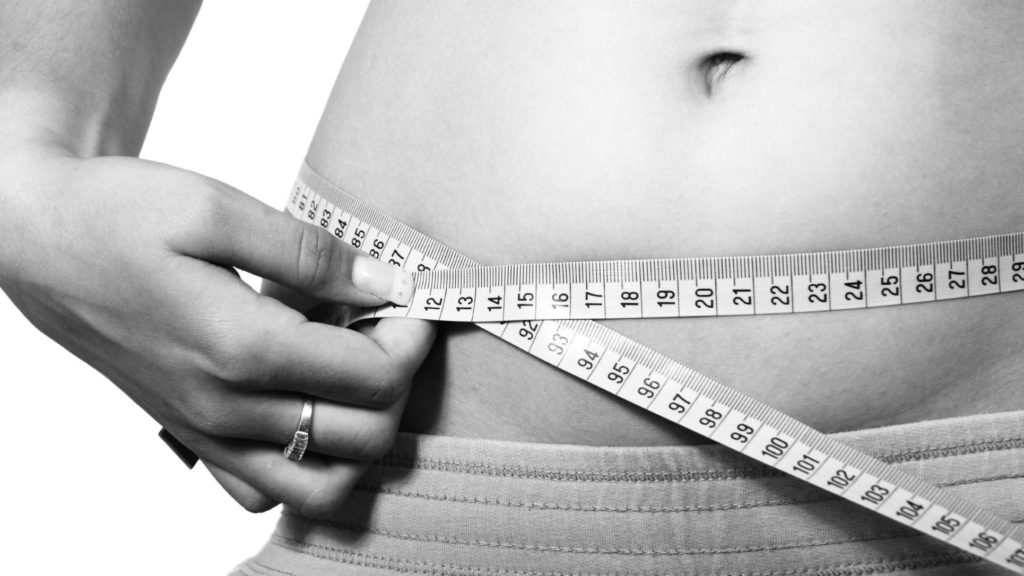
Reasons for Weight Gain when you are not on your period.
Calorie Surplus
Eating more calories than your body requires can lead to gradual weight gain over time, and extra weight can be challenging to lose after it’s been gained.
Therefore, it is essential to be conscious of your calorie intake and ensure that you are not eating more than your body needs.
Emotional Eating
Emotions can play an essential role in your eating habits.
Feelings of pain, anger, stress, anxiety, sadness, or boredom can result in you reaching for that bag of chips or, even worse, a binge eating habit.
When you are upset or anxious, you may turn to junk foods as a way to cope.
Foods high in carbohydrates and sugar increase the dopamine response, which is your body’s reward response, and make you feel pleasure, temporarily.
Can you gain weight from erythritol? Click here to find out!
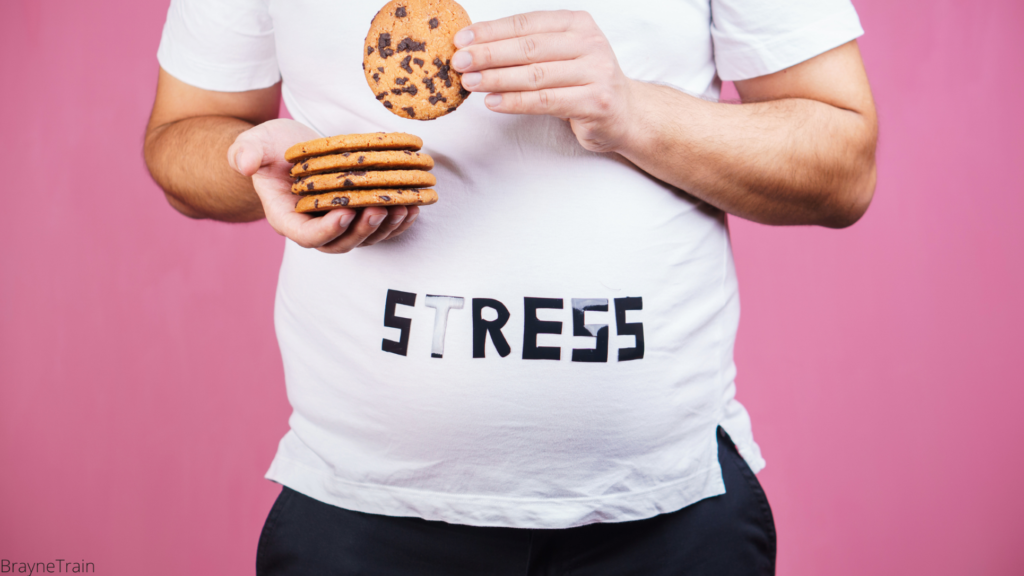
Therefore, many people turn to junk food as a temporary distraction or relief from their negative feelings.
However, because the effect of dopamine is short-lived, you will likely repeat this behavior whenever you feel sad or upset. It can become a vicious cycle.
Emotional eating can be a complex cycle to break because overstimulation of the dopamine response can create an addiction.
Food addiction can lead to serious health problems, such as obesity.
Click here to find out more about food addiction and how you can get rid of it.
A Sedentary Lifestyle
By leading a sedentary lifestyle and eating an unhealthy diet, you are more likely to gain weight.
Lack of physical activity can and will result in weight gain over time, especially if you are genetically more prone to gaining weight.
Sitting at a desk all day or watching TV in your free time can lead to weight gain.
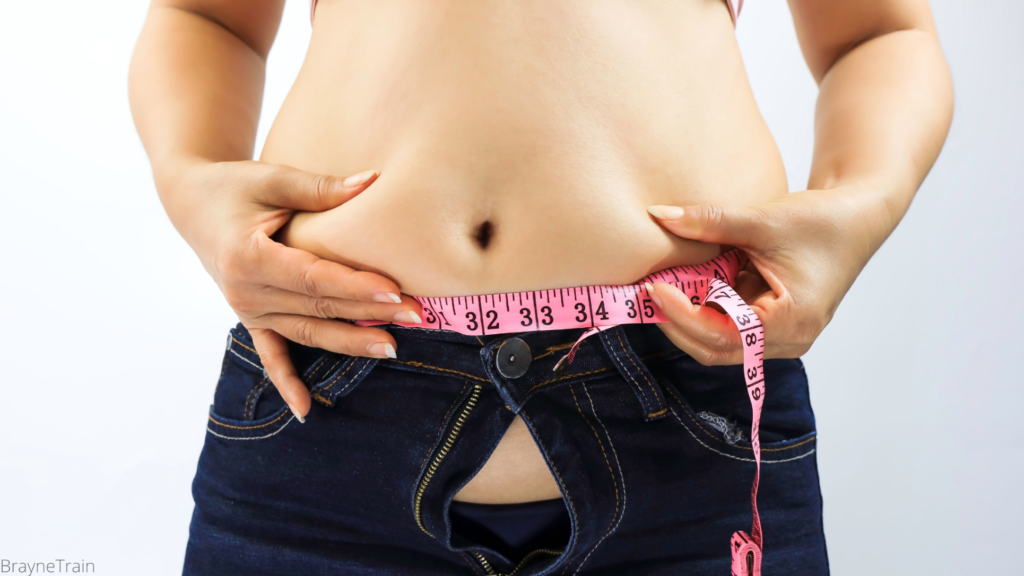
Genetics
There have been studies that show genetics could play a factor in weight gain.
Research has shown that obese parents are more likely to have obese children.
While it’s true that genetics could play a factor in weight gain, it’s certainly not the only reason.
Your environment, lifestyle, diet and exercise, and other daily choices will play a role in maintaining a healthy weight.
So even though you may have the genetic factor for weight gain, if you play your cards right and take care of your body and mind, you won’t have to worry about gaining extra pounds.
Medication & Medical Conditions
Certain medical conditions and medications can lead to weight gain.
Hormonal imbalances such as underactive thyroid, PCOS, or Cushing Syndrome can cause weight gain and obesity.
Certain medications can cause weight gain, including corticosteroids, antidepressants, and seizure medications.

Stress & Anxiety
We all experience stress and anxiety at some point in our lives.
For some, these feelings of anxiousness are manageable and don’t significantly impact their day-to-day lives.
However, stress and anxiety can be overwhelming for others, leading to unhealthy coping mechanisms, such as binge eating and food addiction.
If you’re overeating due to stress or anxiety, try meditating, and seek help from a professional such as a therapist to help you manage your stress.
Click here to learn about breathwork and how it can help you manage your anxiety better.
Depression
Weight gain can have a negative impact on someone’s health, both physically and mentally.
While weight gain has many causes, depression is one of the leading reasons for overeating and weight gain.
If you are depressed, it is much more likely that you will turn to junk food for temporary relief and distraction from your pain.

This behavior can lead to binge eating and fast weight gain.
Depression can also lead to a lower level of physical activity, which increases the chances of weight gain and obesity.
If you find yourself battling depression, It is critical to seek help from a professional such as a therapist or psychiatrist.
The sooner you reach out for help, the faster you will regain control of your life and avoid adverse side effects of depression, including obesity.
Bottom Line
There are many reasons for weight gain. The pounds you gain during your menstrual cycle are not from fat, it’s only from the water retention, and it will get flushed out after your period. On the other hand, if you gain weight for different reasons, such as the ones we listed in this post, it is important to catch yourself early and reach out for professional help so you can get back on track and maintain a healthy body. Thank you for reading!
References
Kostovski M, Tasic V, Laban N, Polenakovic M, Danilovski D, Gusev Z. Obesity in Childhood and Adolescence, Genetic Factors. Pril (Makedon Akad Nauk Umet Odd Med Nauki). 2017 Dec 1;38(3):121-133. doi: 10.2478/prilozi-2018-0013. PMID: 29668472.
Lennerz B, Lennerz JK. Food Addiction, High-Glycemic-Index Carbohydrates, and Obesity. Clin Chem. 2018 Jan;64(1):64-71. doi: 10.1373/clinchem.2017.273532. Epub 2017 Nov 20. PMID: 29158252; PMCID: PMC5912158.
Centers for Disease Control and Prevention. (2012). Overweight and obesity: Causes and consequences. Retrieved August 8, 2012, from



